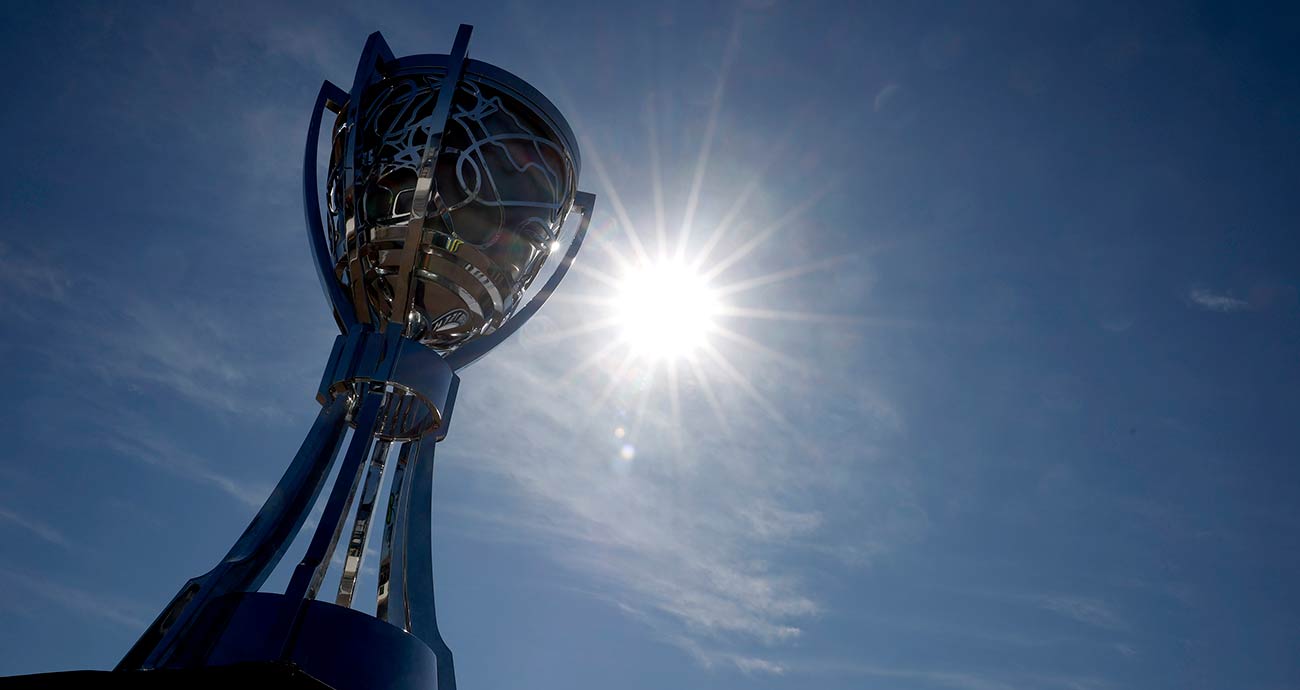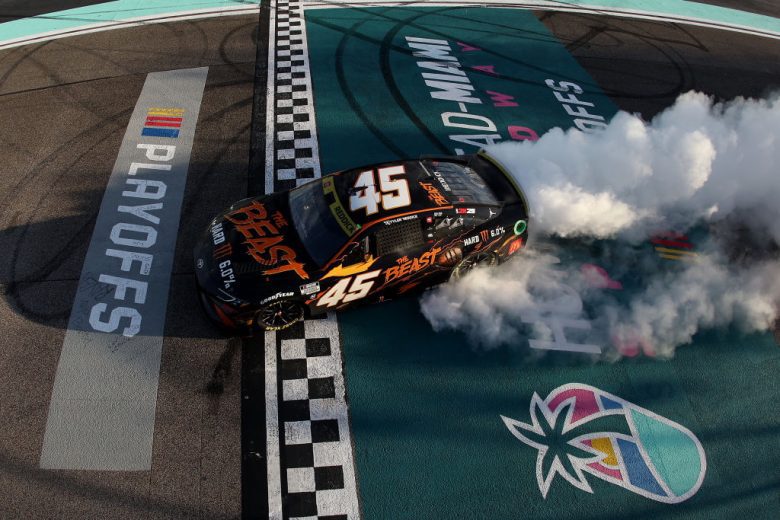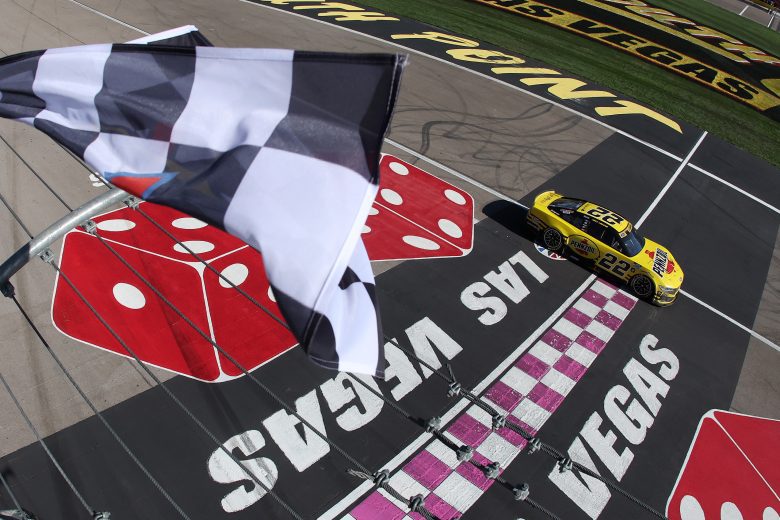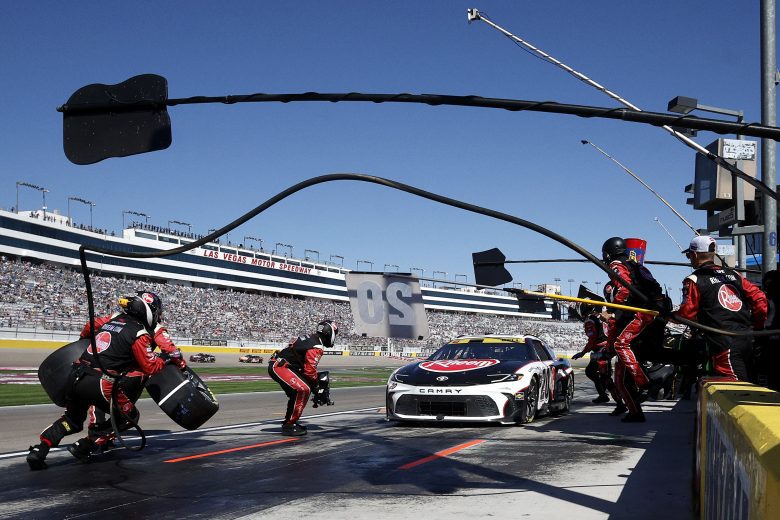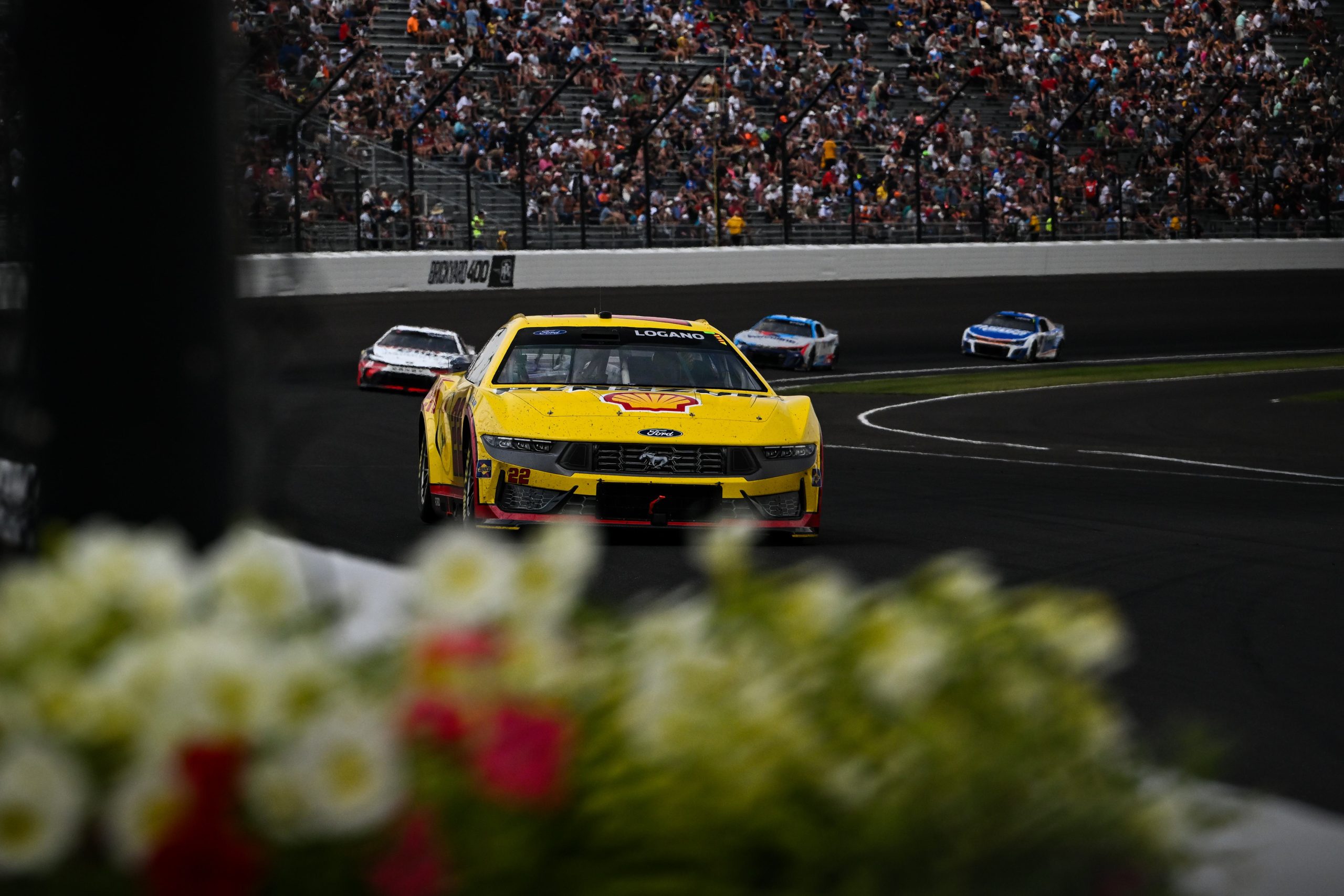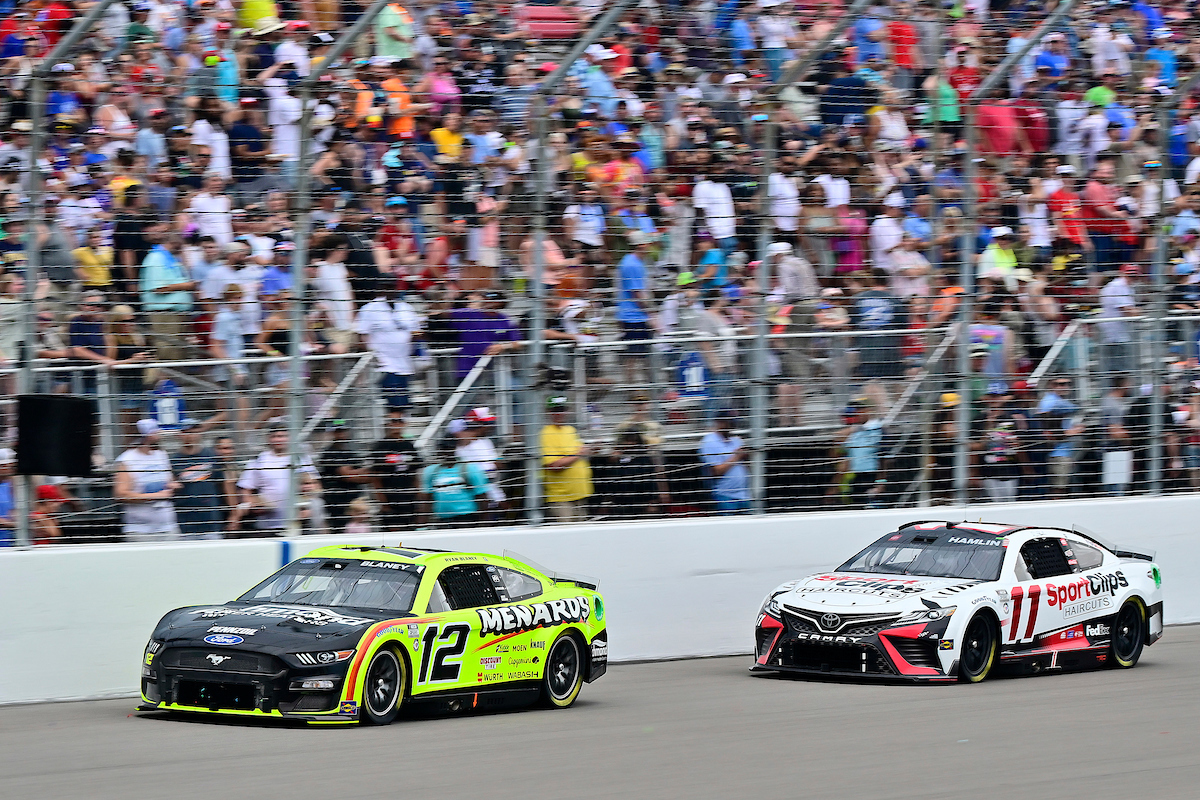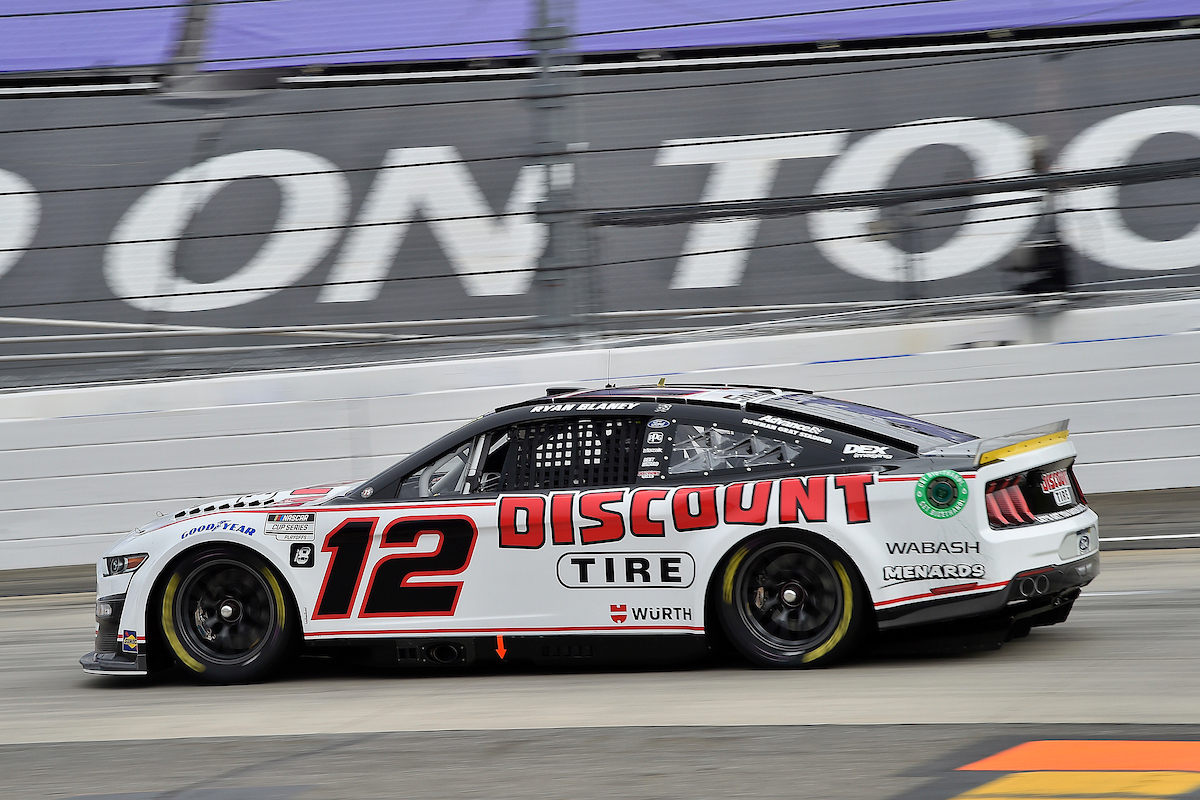Is NASCAR More Popular Than The NBA? Analyzing Sports Fandom In The US
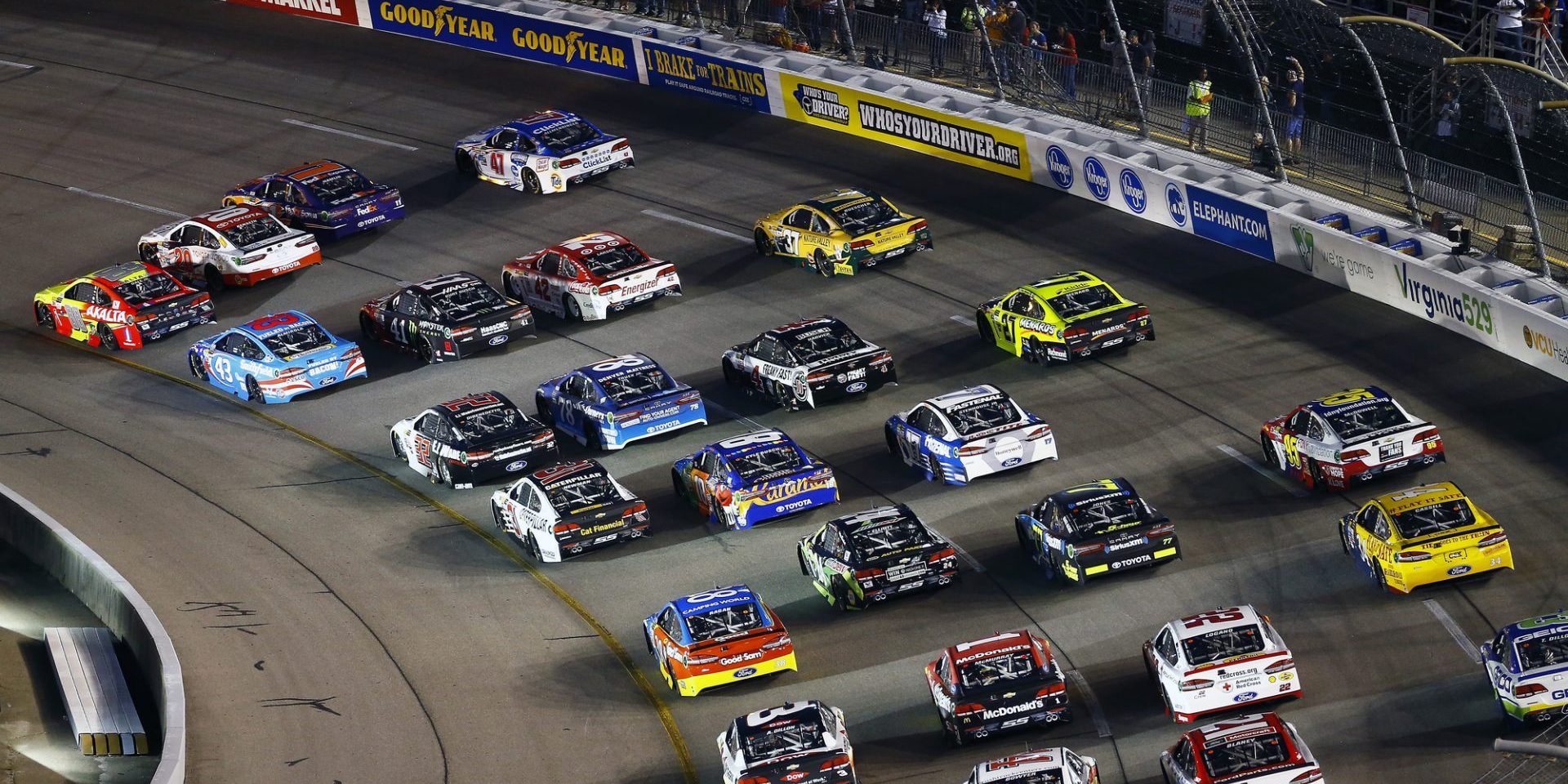
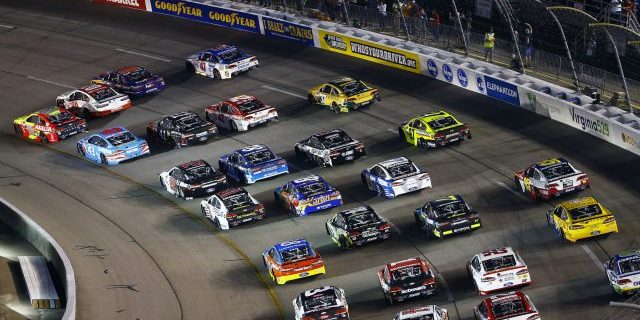
When judging whether NASCAR is more popular than the NBA, it’s necessary to consider multiple indicators of popularity. These include television ratings, attendance figures, social media following, and revenue generated. While the NBA has a remarkably strong global presence and boasts higher worldwide fan numbers and television ratings, NASCAR maintains a significant and loyal fan base in America, priding itself on tradition and a distinct fan experience that often involves family activities and events.
Understanding the popularity of these two major American sports requires a look at their history, cultural impact, and the financial dynamics that drive them. NASCAR is steeped in American tradition, dating back to the prohibition era, and carries with it a storied past of competition and community. On the other hand, the NBA has seen a meteoric rise in global appeal, with its stars becoming household names around the world and the league experiencing tremendous growth in markets outside the United States.
Table of Contents
Key Takeaways
- Popularity metrics vary, with the NBA leading globally, while NASCAR remains deeply rooted in American tradition.
- The NBA excels in global viewership and merchandise sales, while NASCAR’s appeal is closely tied to its unique American fan experience.
- Both sports face challenges yet have strong projections for future growth and adaptation in an ever-evolving sports entertainment landscape.
Historical Context and Tradition
The rich history and enduring cultural significance of NASCAR and the NBA offer a perspective on their individual and collective impact on American traditions and the evolution of their popularity.
Evolution of NASCAR and NBA
NASCAR, born out of the prohibition-era’s moonshine runners, officially organized as the National Association for Stock Car Auto Racing in 1948. It quickly evolved from informal races to a formalized sport crowned by events like the Daytona 500. Figures such as Richard Petty, Dale Earnhardt Sr., and Jimmie Johnson have etched their legacies into this sport, elevating it to a national phenomenon with a massive following. In parallel, the NBA, established in 1946 as the Basketball Association of America (BAA) before merging with the National Basketball League (NBL) to become the NBA in 1949, has grown into a global entity. It is not just a sports league but a cultural powerhouse known for star players, from Bill Russell and Michael Jordan to LeBron James, shaping not just the sport but cultural conversations worldwide.
- NASCAR Key Dates:
- 1948: Formation of NASCAR
- Daytona 500: Premier event established in 1959
- Key Figures:
- Richard Petty: 7-time NASCAR Cup Series champion
- Dale Earnhardt Sr.: Nickname “The Intimidator,” 7-time champion
- Jimmie Johnson: 7-time champion, tying with Petty and Earnhardt
- NBA Key Dates:
- 1949: Merger and formation of NBA
- Key Figures:
- Bill Russell: 11-time NBA champion with the Boston Celtics
- Michael Jordan: 6-time NBA champion, global icon
- LeBron James: 4-time NBA champion, active legend
Cultural Impact in America
The cultural impact of NASCAR in America is profound, intertwining with a history of automotive passion and blue-collar American values that resonate with its fan base. The sport has become a significant social event, enshrining traditions and creating family legacies. Major League Baseball (MLB) and the National Football League (NFL) have also traditionally led as America’s favorite pastimes, but NASCAR holds a unique place, particularly in the South.
In contrast, the NBA has cut across cultural lines and been at the forefront of sports and social change. The league transcends the game itself, becoming a symbol of the American dream. NBA stars are icons of fashion, social justice, and entertainment, influencing generations and cultures within and beyond the US borders.
- NASCAR’s Cultural Significance:
- Tradition: Passion for car culture and racing
- Legacy: Family traditions and generations of fans
- NBA’s Cultural Significance:
- Influence: Beyond sports, NBA stars impact fashion, activism, and entertainment
- Reach: Global audience and appeal
This consideration of NASCAR and the NBA shows that their popularity is not simply a matter of statistics and viewership but a reflection of their respective histories and the traditions they embody.
Popularity Indicators
In assessing whether NASCAR is more popular than the NBA, various metrics such as television ratings, event attendance, and social media engagement provide insight into fan involvement and interest in these sports.
Television Ratings and Viewership
TV ratings and viewership are essential indicators of a sport’s popularity. NASCAR has often drawn substantial television audiences, indicative of its strong fan base. Specific events have notably spiked in TV ratings, reflecting peak interest at certain times of the season. When compared with other major sports leagues like the NFL, MLB, NHL, and NBA, NASCAR’s TV ratings can fluctuate, sometimes surpassing those of the NBA on significant race days.
Attendance and Fan Engagement
Attendance at live events measures direct fan engagement, and NASCAR has historically prided itself on high attendance figures. The fervor of fans at race tracks, often filling substantial seating capacities, showcases NASCAR’s allure. The NBA also boasts impressive attendance, with games consistently playing to packed arenas. However, because of the differing nature of the venues, attendance numbers might not be directly comparable between the two sports.
Social Media Presence and Online Interactions
Social Media platforms are barometers for gauging the popularity of sports in the digital age. NASCAR and the NBA both maintain significant social media followings, with millions of fans interacting through platforms like Twitter, Facebook, and Instagram. Online interactions—including likes, shares, and comments—can be measured and compared to evaluate which sport captures more ongoing discussion and enthusiasm among the online community. Both sports see substantial online activity during live events, which contributes to their media presence.
Financial Dynamics
The financial performance of a sports league is typically evaluated by examining its revenue and salaries, sponsorships and broadcasting rights, and the value of the franchises within the league.
Revenue and Salaries
The NBA and NASCAR generate revenue through a variety of channels, including ticket sales, merchandise, concessions, and corporate sponsorships. In terms of salaries, NBA players are known for some of the highest earnings in professional sports, whereas NASCAR drivers’ salaries can vary widely, with top drivers earning comparable amounts to professional athletes in other sports.
NBA:
- League Average Salary (2021): $7.5 million
- Total League Revenue (2021): $8.3 billion
NASCAR:
- Prize money, endorsements, and licensing deals form a driver’s salary.
- NASCAR Cup Series is the premier series with significant team and driver earnings.
Sponsorships and Broadcasting Rights
Sponsorships and broadcasting rights are significant income sources for both the NBA and NASCAR. Major networks pay substantial sums to air games and races due to high viewer interest, and both leagues enjoy lucrative sponsorships from a variety of brands.
NBA:
- Broadcasting Rights Deal (as of 2021): $24 billion over 9 years with ESPN, TNT
NASCAR:
- Broadcasting Rights Deal (as of 2021): A part of $8.2 billion over 10 years shared with racetracks
Valuable Sports Franchises and Teams
Some sports franchises are known for their particularly high value thanks to brand recognition, a loyal fan base, and consistent performance. This includes teams outside of basketball and motorsport, like the New York Yankees, Dallas Cowboys, and Toronto Maple Leafs, who are among the most valuable in the world.
NBA:
- Highest valued team (as of 2021): New York Knicks at $5 billion
NASCAR:
- Team values can fluctuate, but top teams are considered valuable entities within the sport.
Global Appeal and Expansion
NASCAR and the NBA are extending their presence to engage international audiences and expand their leagues beyond their home turf in the United States.
International Audience Reach
Both NASCAR and the NBA have made significant inroads in capturing the attention of fans across the globe. The NBA has established itself in countries like Spain, Italy, and France, with broadcasts reaching numerous international markets. Not to be outdone, NASCAR has also widened its spectator base to encompass fans from countries such as Canada, Mexico, and Brazil. They have accomplished this through initiatives like the NASCAR Whelen Euro Series, started in 2009, to further the sport’s reach across Europe.
- Countries with noted NBA presence:
- Spain
- Italy
- France
- Countries with noted NASCAR presence:
- Canada
- Mexico
- Brazil
Growth of Leagues Abroad
The expansion of leagues abroad is not restricted to the NBA and NASCAR. For instance, Major League Soccer (MLS) is experiencing growth in the United States, while the EuroLeague remains a major basketball competition that draws attention in the European market. This pattern is indicative of a broader acceptance and fans’ desire for diverse sporting experiences. NASCAR’s outreach efforts, mirrored by the presence of various international drivers and teams in their series, showcase the sport’s dedication to attract a more varied international audience.
- Growing sporting events:
- Major League Soccer (MLS): Increasing popularity in the United States
- EuroLeague Basketball: Established following in Europe
Challenges and Controversies
This section examines specific issues NASCAR and the NBA face in the spheres of governance and integrity, how technology progresses impact their sports, and the ongoing concerns for athlete health and safety.
Governance and Integrity Issues
In NASCAR, controversies often emerge around the governing body’s decision-making processes and actions. Governance within NASCAR has faced scrutiny for, among other issues, consistency in applying rules. This scrutiny impacts the integrity of the sport, as inconsistent enforcement permits a perception of unfair advantage. The NBA has had its share of controversies, with team ownership, management decisions, and officiating being at the center, which can affect the league’s credibility.
Impact of Technological Advances
Technology plays an ever-increasing role in both sports, with NASCAR’s introduction of advanced engines and aerodynamics fundamentally altering the racing landscape. Decisions about which technologies to permit directly affect the competition’s nature and fairness. The NBA has incorporated technology for enhanced game analysis and player performance tuning, which while largely beneficial, can trigger debates on the authenticity of the competition and the potential for technology-induced disparity.
Athlete Health and Safety
The safety of players in both the NBA and NASCAR is paramount. Ongoing research is vital to developing improved safety standards. NASCAR has consistently evolved its safety features, from the implementation of energy-absorbing barriers to advancements in car safety design. The NBA undertakes efforts to protect players’ health, with a focus on preventing injuries through better understanding of player biomechanics and stress loads. Despite this, injuries and safety concerns remain a critical challenge, provoking occasional criticism of the leagues’ commitment to player well-being.
Future Outlook
Analyzing the popularity trajectory of NASCAR in comparison to the NBA requires an understanding of ongoing developments in each sport’s evolution and fan engagement strategies.
Predictions on Sport Evolution
NASCAR is poised to embrace advancements with its Next Gen car, which already saw adjustments and racing strategy shifts in 2023. The adoption of these new racing technologies is anticipated to offer a more leveled playing field, potentially attracting a wider audience. The Camping World Truck Series and other series within NASCAR’s ecosystem may also see changes, reflecting the sport’s responsiveness to future energy efficiencies and design innovations. As the Sports Business Journal noted, changes in the structure of the regular-season NFL games could indirectly influence NASCAR’s viewership by altering the competitive landscape among major sports leagues.
Fan Experience and Engagement Trends
NASCAR is reporting an increased engagement among Gen Z, a demographic vital for the sport’s longevity. While not as popular as regular-season NFL games or the NBA, NASCAR’s fan experience is evolving to enhance engagement through digital platforms. Fan engagement levels during live events are set to improve with the integration of social media and interactive technologies, which could potentially shift NASCAR’s position in sports viewership rankings. As media consumption habits evolve, NASCAR may gain traction by offering unique, energized live events that are tailored to the preferences of younger audiences.

